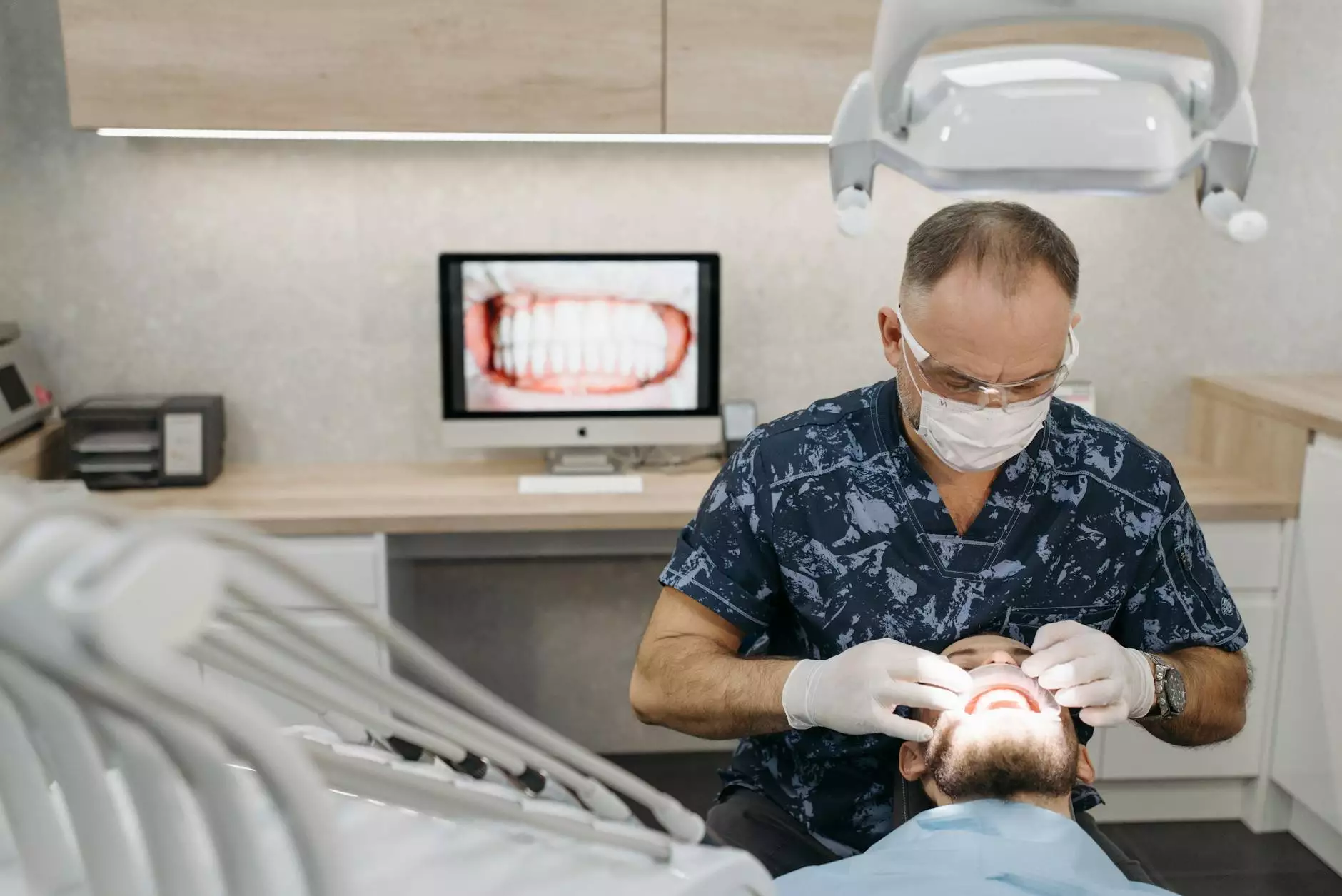Comprehensive Insights on Chest Surgery: The Role of a Chest Surgeon

In the ever-evolving field of medicine, the expertise of a chest surgeon stands out as pivotal for patients facing thoracic challenges. Their specialized training and skill set are essential components in diagnosing, managing, and treating a wide array of conditions affecting the chest region. From intricate surgeries to pre-operative and post-operative care, the role of a chest surgeon is multifaceted and profoundly impactful.
Understanding Chest Surgery
Chest surgery refers to a broad range of surgical procedures performed on the organs within the thorax, primarily the heart and lungs. Chest surgeons are trained to address conditions such as lung cancer, heart disease, and other thoracic ailments. The nature of the surgeries can range from minimally invasive procedures to more extensive open surgeries, depending on the diagnosis and patient's condition.
Types of Chest Surgeons
- Thoracic Surgeons: Specialize in surgery of the chest, including the lungs, esophagus, and other structures.
- Cardiothoracic Surgeons: Focus specifically on the heart and its associated structures, including valves and arteries.
- General Surgeons: Sometimes perform chest procedures, but typically may refer complex cases to specialized chest surgeons.
Common Conditions Treated by Chest Surgeons
Various conditions require the expertise of a chest surgeon. Here are some of the most common:
- Lung Cancer: A leading cause of cancer-related deaths that requires precision and timing in surgical intervention.
- Heart Disease: Many heart surgeries, including bypass and valve replacements, are performed by cardiothoracic surgeons.
- Emphysema: Part of chronic obstructive pulmonary disease (COPD), may require lung volume reduction surgery.
- Esophageal Disorders: Conditions such as esophageal cancer and gastroesophageal reflux disease (GERD) might necessitate surgical management.
The Importance of Specialized Training
Becoming a chest surgeon involves rigorous training and education. This pathway typically includes:
- Medical School: Completing a four-year medical degree with a focus on the fundamentals of human anatomy and medicine.
- Residency: Undertaking a residency program in general surgery, which generally lasts 5 years.
- Fellowship: Completing a fellowship in thoracic or cardiothoracic surgery, adding another 1-3 years of specialized training.
Through this comprehensive educational track, chest surgeons gain extensive hands-on experience and knowledge about the complexities of chest-related illnesses and surgical strategies.
Innovations in Chest Surgery
The field of chest surgery is continually advancing. Innovative practices have emerged to enhance patient outcomes, including:
Minimally Invasive Techniques
Minimally invasive surgery (MIS) has transformed the way chest surgeries are performed. Utilizing small incisions and advanced technologies, including robotic-assisted surgery, these techniques offer numerous benefits:
- Reduced Recovery Time: Patients often heal faster and experience less postoperative pain.
- Less Scarring: Smaller incisions typically result in better cosmetic outcomes.
- Shorter Hospital Stays: Many patients are discharged sooner compared to traditional surgery.
Advanced Imaging Techniques
Imaging technologies, such as 3D imaging and intraoperative ultrasound, provide surgeons with critical real-time insights during procedures, leading to enhanced precision.
Patient-Centric Approach
Successful outcomes in chest surgery rely heavily on a strong patient-surgeon relationship. A chest surgeon must not only be technically skilled but also compassionate and understanding. Key aspects of this relationship include:
Comprehensive Pre-operative Evaluation
Before any surgical intervention, a detailed evaluation is necessary. Surgeons will assess:
- Medical History: Understanding previous health issues, medications, and allergies.
- Diagnostic Tests: Conducting tests like CT scans, MRIs, and pulmonary function tests to determine the best surgical approach.
- Risk Assessment: Evaluating potential risks based on the patient's overall health and specific conditions.
Patient Education
Educating patients about their conditions and treatment options is crucial. Patients should be empowered to make informed decisions regarding their care. A knowledgeable chest surgeon will take the time to explain:
- The Procedure: What to expect before, during, and after surgery.
- Potential Risks: Discussing possible complications to create realistic expectations.
- Recovery Process: Outlining the timeline and steps for post-operative care.
Post-operative Care and Follow-up
The journey doesn't end once the surgery is completed. Post-operative care is vital for ensuring recovery is smooth and complications are minimized. Follow-up appointments allow chest surgeons to:
- Monitor Recovery: Regular assessments to track healing progress.
- Manage Pain: Adjusting pain management strategies as needed.
- Address Concerns: Providing a platform for patients to voice any post-surgical issues.
The Future of Chest Surgery
As technology advances and research continues, the future of chest surgery promises even more improvements. Research into less invasive techniques, enhanced imaging, and personalized medicine will likely shape the landscape of thoracic surgery. Innovations such as artificial intelligence and machine learning may soon assist in surgical planning and execution, further improving outcomes.
Conclusion
In conclusion, the role of a chest surgeon is critical in addressing serious thoracic conditions. Their expertise not only involves performing surgeries but also encompasses comprehensive patient care, education, and post-operative management. As medical technology continues to evolve, patients can anticipate even better outcomes and fewer complications, ensuring a brighter future in chest surgery.
For more information about the exceptional services offered by our chest surgeon team, visit neumarksurgery.com. Your health is our priority, and we are here to support you on your journey to recovery.









